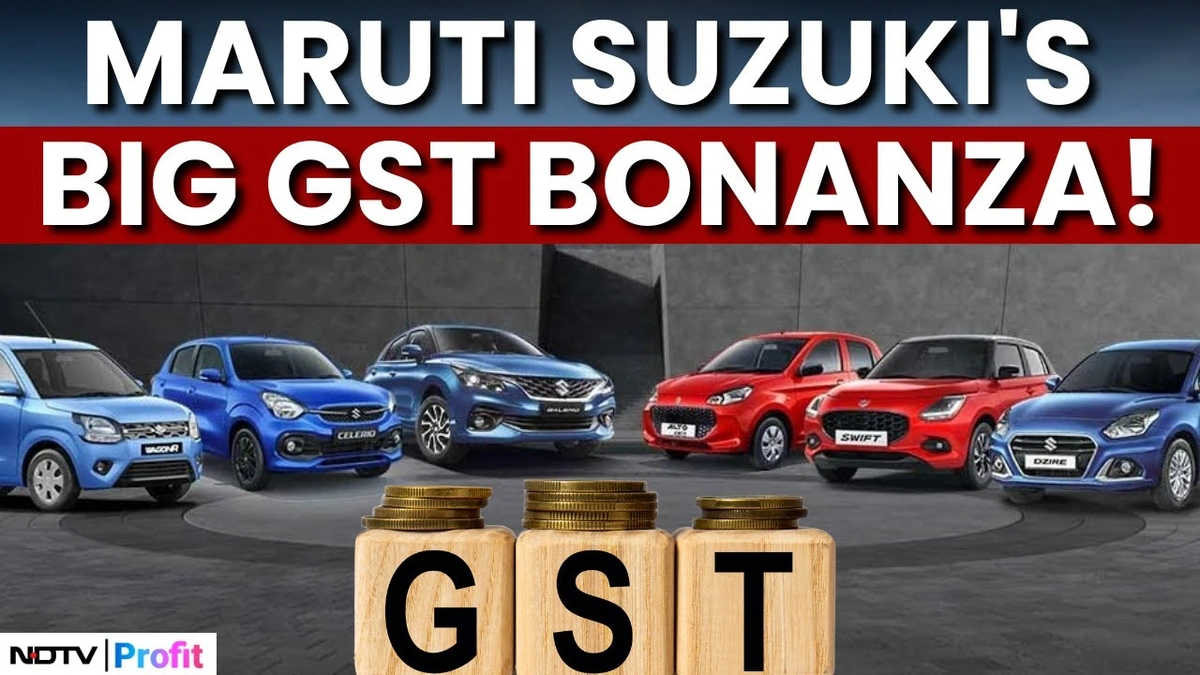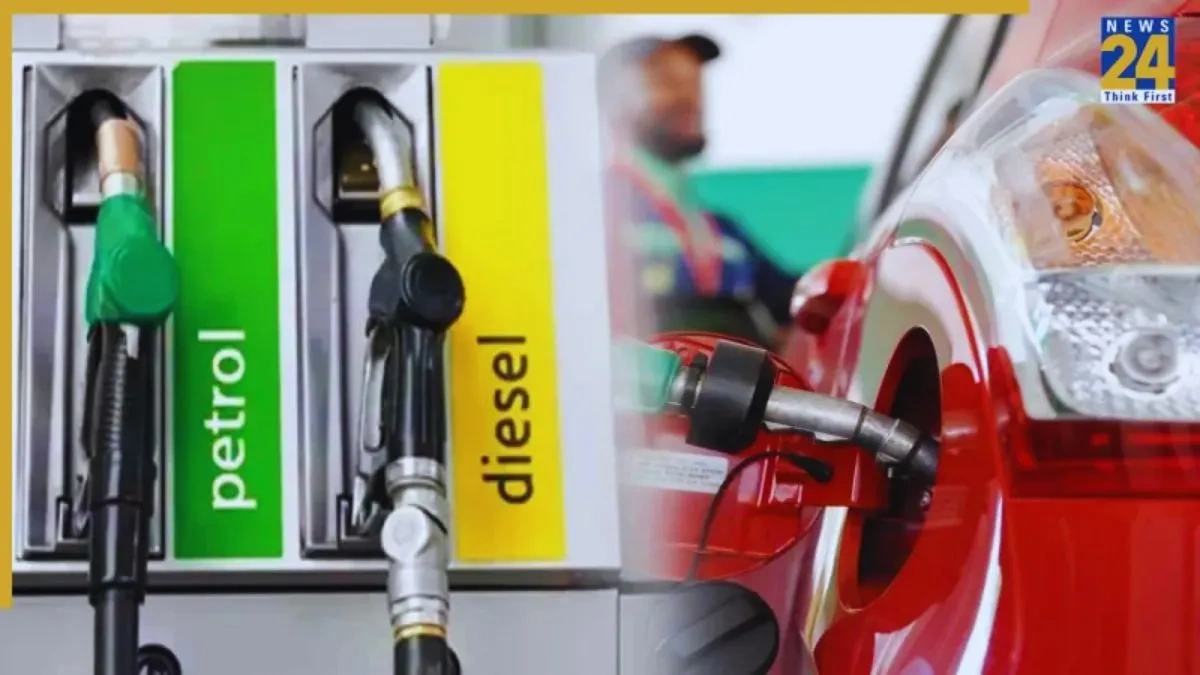Decoding the Maruti Suzuki GST Rate | Why It Matters to You
Okay, let’s talk about the Maruti Suzuki GST rate . I know, taxes – not exactly the most thrilling topic, right? But here’s the thing: understanding this can actually save you money and give you a clearer picture of what you’re really paying for your car. I initially thought this would be a dry explanation of percentages, but then I realized it’s about understanding the bigger picture.
The GST Landscape | More Than Just a Number

So, what’s the deal with GST (Goods and Services Tax) and how does it affect the price of your dream Maruti Suzuki? Well, GST is an indirect tax levied on the supply of goods and services. Now, here’s why this is important. The GST rate isn’t just a flat percentage slapped onto the ex-showroom price. It’s a layered system that depends on various factors, including the type of vehicle, its engine capacity, and even its length! I mean, who knew taxes could be so… complicated?
What fascinates me is how the government uses these tax rates to influence consumer behavior. Want a smaller, more fuel-efficient car? You’ll likely pay a lower GST rate compared to a gas-guzzling SUV. It’s like the government is nudging us towards more eco-friendly choices – sneaky, but effective! You can also read here to know how the share prices can affect your car buying decision.
And, by the way, keep an eye on the news. GST rates can change (although they haven’t changed recently). These changes can impact the on-road price of your vehicle, sometimes significantly. The GST on cars is a dynamic thing, after all.
Breaking Down the Maruti Suzuki GST Rate Structure
Let’s get down to brass tacks. The standard GST rate for most cars, including Maruti Suzuki models, sits at 28%. But, but, there’s a catch. On top of this 28%, there’s an additional cess that varies depending on the vehicle’s specifications. Think of it like this: the bigger, fancier, and more polluting your car, the higher the cess you’ll pay.
For instance, small cars with smaller engines (typically under 1200cc for petrol and 1500cc for diesel) attract a lower cess compared to larger SUVs. This is why you see such a price difference between, say, a Maruti Suzuki Alto and a Maruti Suzuki Brezza. That cess can really add up! According to theCentral Board of Indirect Taxes and Customs (CBIC), the cess is meant to compensate states for any revenue losses after the implementation of GST.
Here’s the thing: I see so many people get confused by the ex-showroom price and then get sticker shock when they see the final on-road price. Understanding the GST and cess components helps you budget accurately and avoid unpleasant surprises.
How GST Impacts the On-Road Price | A Practical Example
Let’s illustrate this with a hypothetical example. Imagine you’re eyeing a Maruti Suzuki Swift with an ex-showroom price of ₹6 lakh. The GST implications are crucial. The 28% GST would add ₹1.68 lakh to the price. Then, depending on the engine capacity, let’s say a 1% cess is applicable, adding another ₹6,000. Suddenly, that ₹6 lakh car is now closer to ₹7.74 lakh before registration, insurance, and other charges. See how quickly it adds up?
A common mistake I see people make is failing to factor in these additional costs. They get fixated on the ex-showroom price and then are blindsided by the on-road price. Don’t be that person! Do your research and get a clear breakdown of all the applicable taxes and charges.
And remember, the Maruti Suzuki is known for its competitive pricing, so even with GST, it often remains a value-for-money option.
Decoding the GST Rate for Maruti Suzuki | Expert Insights
So, what does all this mean for you, the potential car buyer? Well, first and foremost, it means doing your homework. Don’t just rely on the advertised ex-showroom price. Ask the dealer for a detailed breakdown of the on-road price, including the GST and cess components. Understand that the revised GST rates will have a direct impact on your financial planning.
Secondly, consider the long-term implications. A slightly more expensive car with a lower GST rate might actually be cheaper in the long run compared to a cheaper car with a higher rate. Think about fuel efficiency, maintenance costs, and the overall value proposition.
And finally, stay informed. Keep an eye on government announcements and policy changes related to GST. These changes can happen anytime and can significantly impact the automotive industry. The GST on vehicles is not something to be taken lightly.
GST on Maruti Suzuki Accessories and Services
It’s not just the car itself that’s subject to GST; it also applies to accessories and services. When you purchase accessories for your Maruti Suzuki, such as seat covers, audio systems, or alloy wheels, these are also subject to GST. The rate is generally the same as other goods and services, but it’s always good to confirm with the dealer.
Similarly, when you take your car for servicing or repairs, the labor charges and the cost of spare parts will also attract GST. Keep this in mind when budgeting for car maintenance. It helps to get a detailed estimate beforehand so you know exactly what you’re paying for. The impact of GST is widespread.
What fascinates me is how the government uses these tax rates to influence consumer behavior. Want a smaller, more fuel-efficient car? You’ll likely pay a lower GST rate compared to a gas-guzzling SUV. It’s like the government is nudging us towards more eco-friendly choices – sneaky, but effective!
FAQ | Your Maruti Suzuki GST Rate Questions Answered
Frequently Asked Questions
What is the current GST rate on Maruti Suzuki cars?
The standard GST rate is 28%, with an additional cess that varies based on engine size and vehicle type.
How does the GST rate affect the on-road price of a Maruti Suzuki?
GST and cess are added to the ex-showroom price, significantly increasing the final on-road price. Registration and insurance charges are additional.
Are there any exemptions or reduced GST rates for certain Maruti Suzuki models?
No, there are no specific GST exemptions, but smaller cars with smaller engines attract a lower cess, reducing the overall tax burden.
Where can I find the most up-to-date information on Maruti Suzuki GST rates?
Check the official CBIC website or consult with your Maruti Suzuki dealer for the latest information. Check for latest updates regulary.
Does GST apply to Maruti Suzuki car accessories and services?
Yes, GST applies to both accessories and services, so factor these costs into your budget.
So, there you have it. The Maruti Suzuki GST rate – not as scary as it seems, right? With a little understanding and some careful planning, you can navigate the tax landscape and drive away with your dream car without breaking the bank. Happy driving!













